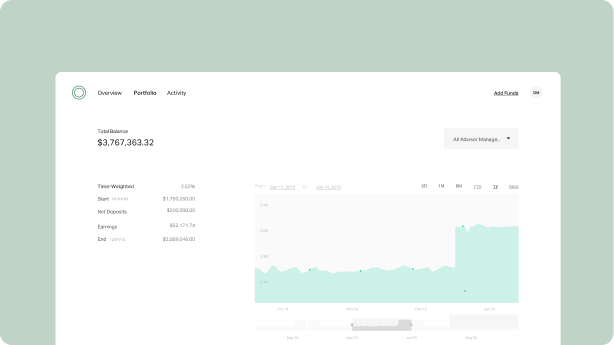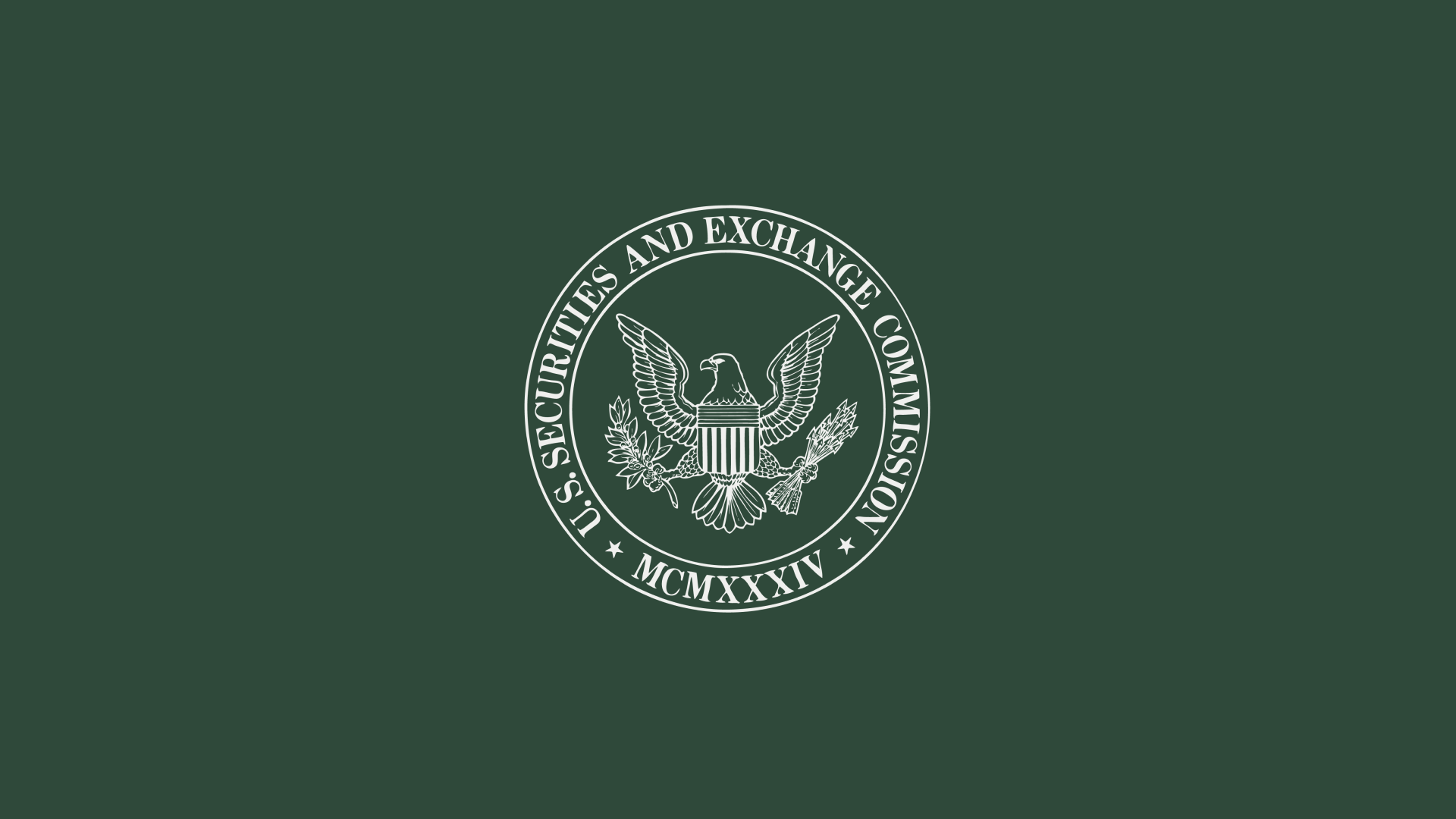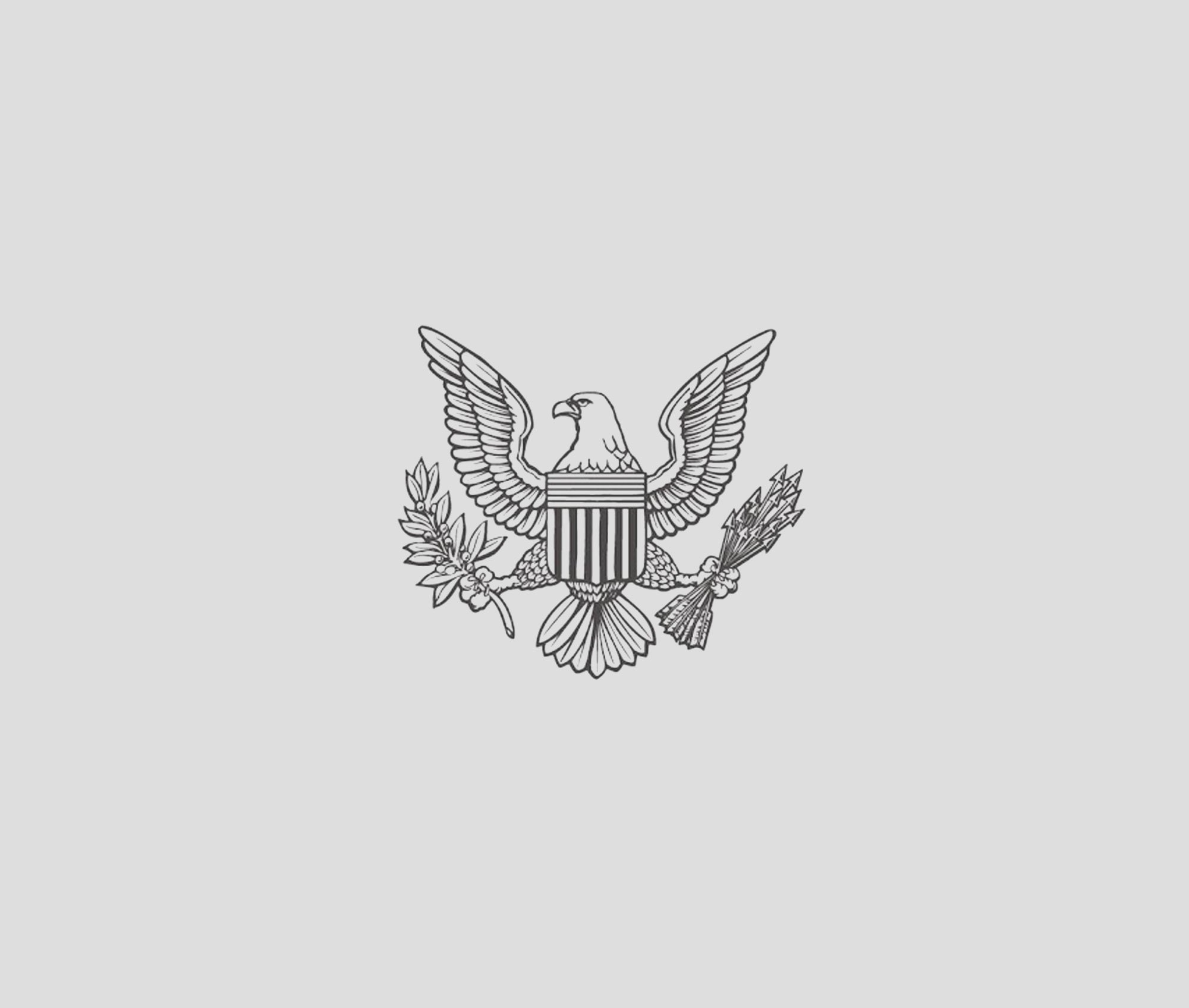Outsourcing services could soon become more complicated for advisors. Here’s some things you should know about the proposed Securities and Exchange Commission (SEC) rule 206(4)-11 – otherwise known as the outsourcing rule.
Nestled under the Investment Advisers Act of 1940, the SEC’s outsourcing rule would mandate that registered investment advisors adhere to specified criteria when outsourcing critical services or functions. Proponents have billed this as an important measure to ensure the integrity and accountability of financial advisory services. Critics, however, are concerned the rule is redundant with standard fiduciary duty and will create unnecessary compliance headaches for RIAs.
Reminder: for specifics on how this rule applies to you, and which “covered functions” require due diligence, please consult with your compliance officer.
Why is the SEC proposing the outsourcing rule?
The SEC says this rule is intended to mitigate potential risks associated with outsourcing services by putting advisors in charge of due diligence and monitoring for any providers they choose to work with.
Over the past couple decades, advisors have increasingly turned to external service providers for administrative support and specialized expertise. From performance reporting, to portfolio rebalancing, to fee billing, and much more – there are now third party service options for just about every non-client-facing aspect of an RIA’s business.
The SEC sees a possible threat to investors in this fragmented landscape. With so many outsourcing options, regulators are concerned that RIAs could fall prey to services run by bad (or inept) actors whose shortcomings could negatively affect investors. During a speech in May 2023, SEC Chairman Gensler underscored this point, saying the outsourcing rule is necessary “to ensure that advisers continue to meet their fiduciary obligations.”
What advisory services does SEC rule 206(4)-11 apply to?
Most of them. The rule applies to any “covered function” that advisors delegate – which is broadly defined as a function or service vital for compliant and effective investment advisory operations. The rule also applies to any functions that directly impact an advisor’s ability to serve their clients.
What doesn’t this encompass? Excluded are routine services like clerical, administrative, and office tasks.
What does the outsourcing rule mean for advisors?
According to the proposed regulation, before engaging a service provider for a covered function, advisors would need to conduct a comprehensive assessment of the provider to reduce risks to their clients. Per the SEC’s guidance, this includes evaluating:
- The nature and scope of the covered function;
- Potential risks resulting from the service provider performing the covered function, including how to mitigate and manage such risks;
- The service provider’s competence, capacity, and resources necessary to perform the covered function;
- The service provider’s material subcontracting arrangements related to the covered function;
- Coordination with the service provider for Federal securities law compliance; and
- The orderly termination of the performance of the covered function.
Advisors would also be obligated to continuously monitor all service providers’ performance to ensure they are meeting the necessary standards.
What does “continuously” mean in this context?
Well, there does not appear to be prescribed timeframes in the proposal. Rather, the frequency of due diligence performed would be based on the actual “covered function”.
While the outsourcing rule does not explicitly require written policies regarding oversight of service providers, it implies that investment advisors should have internal processes designed to prevent violations – which include maintaining records related to oversight responsibilities.
Form ADV modifications
Rule 206(4)-11 also adds amendments to Form ADV, requiring advisors to furnish detailed information (akin to a census) about their outsourced service providers. In other words, the SEC wants more transparency – for regulators and for clients – around an advisor’s use of third party services.
When would the SEC outsourcing rule go into effect?
Advisors should expect an official announcement in the next few months. Following the rule’s initial proposal in 2022, it was subject to a public comment period which yielded warnings from some industry experts, claiming that the rule would place an undue administrative burden on RIAs, particularly smaller advisors. Among those in dissent was Commissioner Hester Pierce, who penned a statement questioning the need for the outsourcing rule in the first place.
The SEC has indicated that a final version of the outsourcing rule – including any amendments – will be announced by April of this year.
Whether rule 206(4)-11 will go into effect exactly as it was proposed, or with some modifications, RIAs should familiarize themselves with the upcoming compliance requirements and make a plan to ensure readiness.













